Written in the early 1950s, When Eastern Europe was in the grip of Stalinism and many Western intellectuals placed their hopes in the new order of the East, this classic work reveals in fascinating detail the often beguiling allure its frightening effects on the minds of those who embrace it.
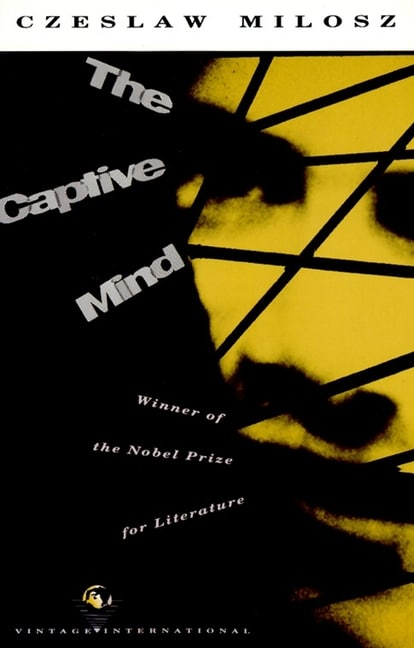
Book Overview: The Captive Mind
Product Information
| ISBN-13 | 9780679728566 |
| ISBN-10 | 0679728562 |
| Publisher | Vintage |
| Publication Date | 1990-08-11 |
| Edition | Reissue |
| Language | en |
| Pages | 272 |
| Dimensions | in x in x in |
| Weight | lbs |
About the Author
Czeslaw Milosz
Czeslaw Milosz was a globally acclaimed Polish-American author, widely recognized for his thought-provoking literary works and impressive credentials. Born on June 30, 1911, in Szetejnie, Lithuania, he spent a significant portion of his life experiencing the tumultuous events of war-torn Europe. These experiences served as a fueling element for his works, giving life and agony to his poignant narratives. Milosz studied law at the Stefan Batory University and was primarily in Warsaw during World War II, where he saw and endured the horrors of both Nazi and Soviet regimes, profoundly shaping his outlook and, subsequently, his writing.
Milosz’s literary repertoire was multifaceted, encompassing poetry, essays, novels, and memoirs. His oeuvre examines the moral and philosophical complexities of human existence in the midst of sociopolitical chaos and oppression. He was best known for his stunning poetry, with notable examples including “The World: A Naïve Poem” and “Unattainable Earth.” Throughout his career, Milosz diligently voiced his anti-totalitarian beliefs, immortalized in his anthology “The Captive Mind,” which remains a widely respected critique of political dogma.
Czesław Milosz’s exceptional contributions to world literature did not go unnoticed. In 1980, Milosz was awarded the Nobel Prize in Literature for his profound resonance of world history in his works, bolstering his global reputation. A professor Emeritus at the University of California, Berkeley, he continued to engage in scholarly and creative pursuits until his demise in 2004. As a defiant voice against totalitarian thought and a poignant chronicler of human experience, Milosz’s legacy in the literary realm remains unmatched.
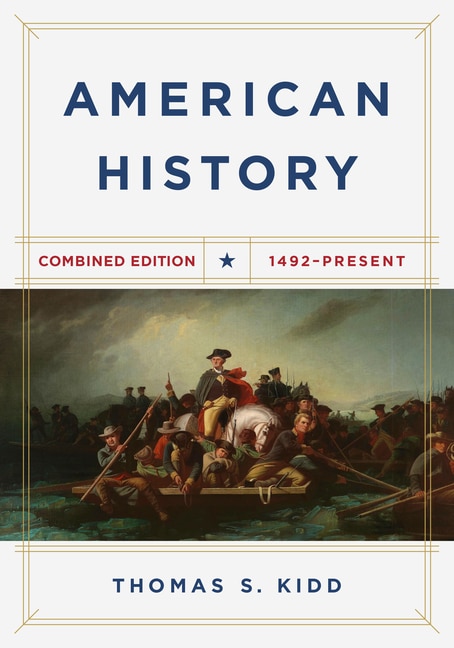
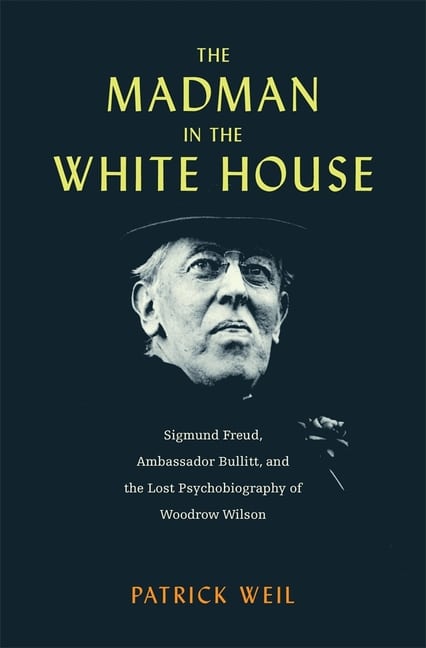

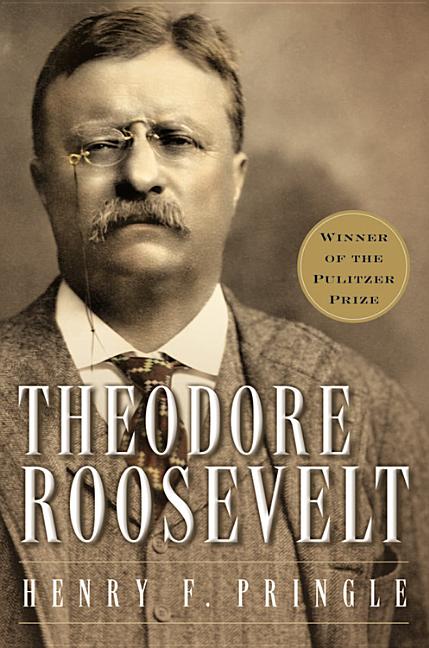

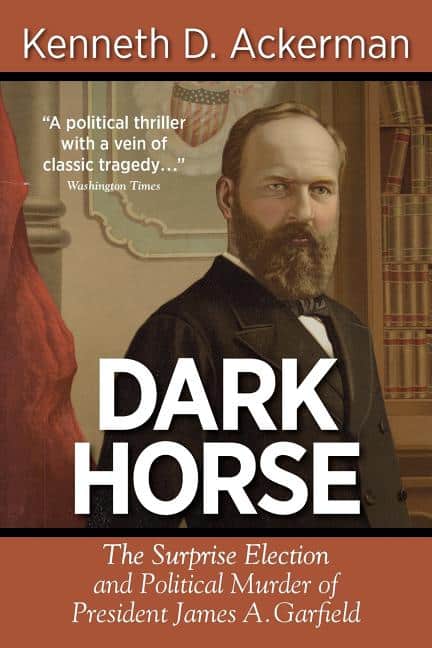
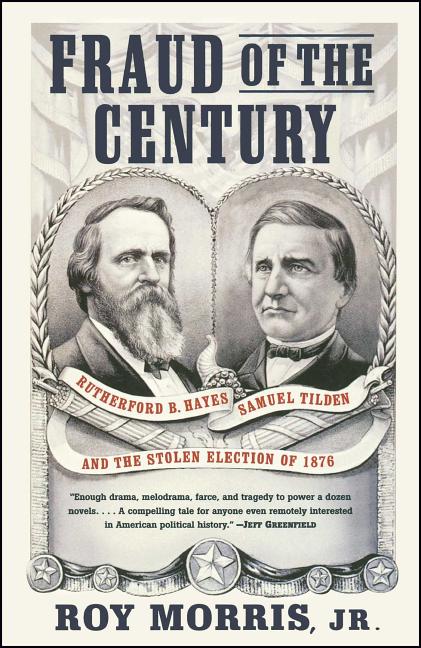
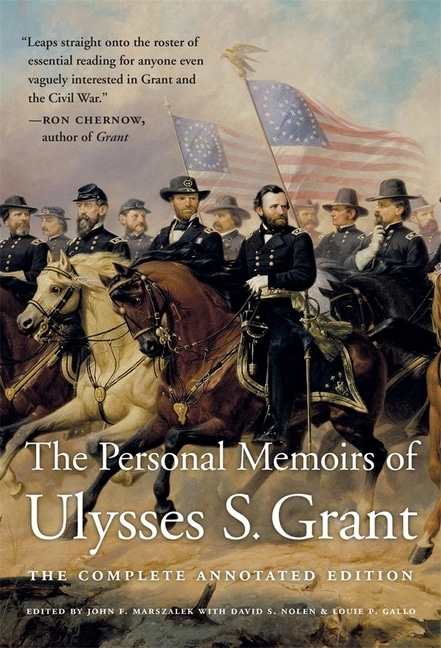


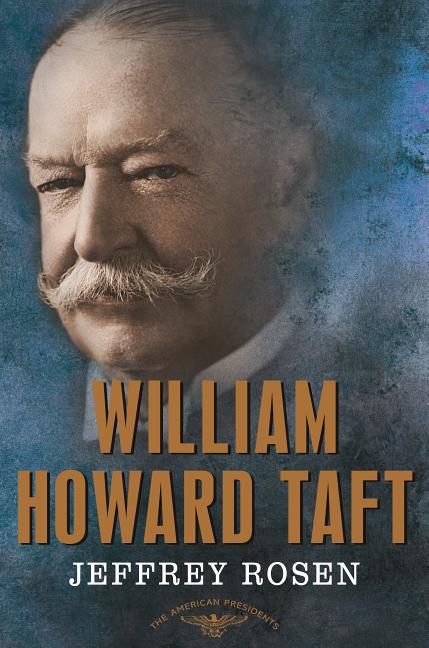
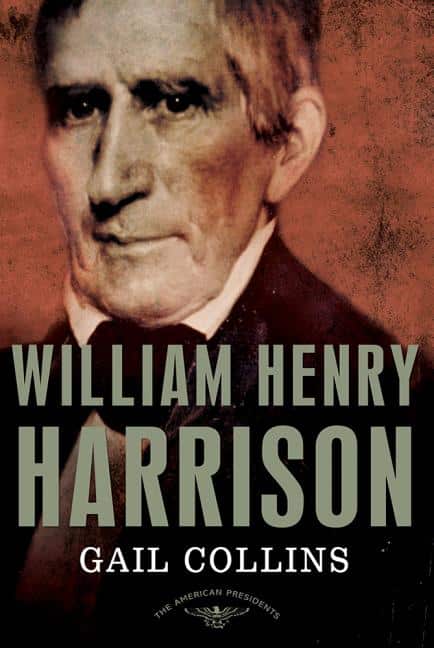

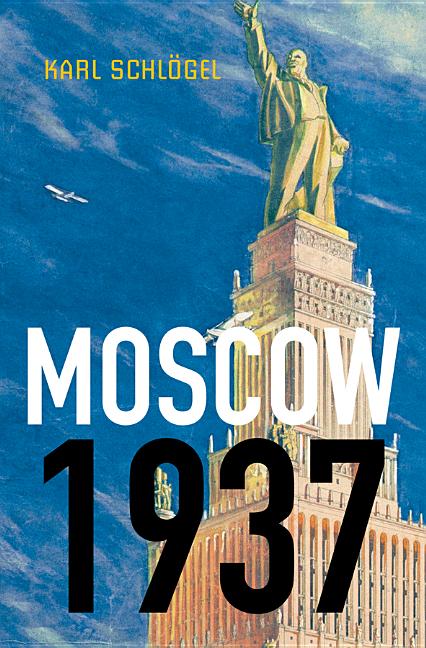

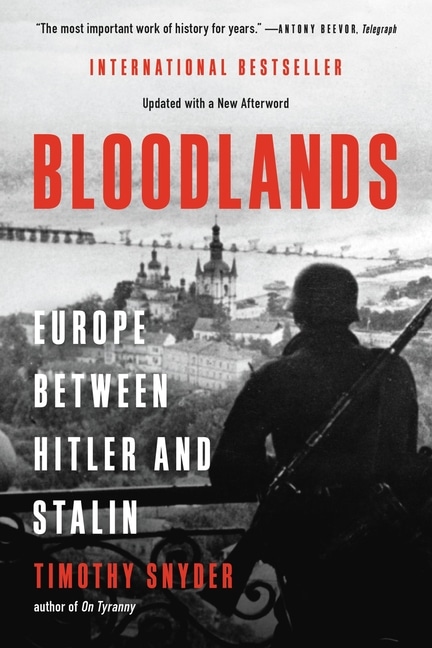
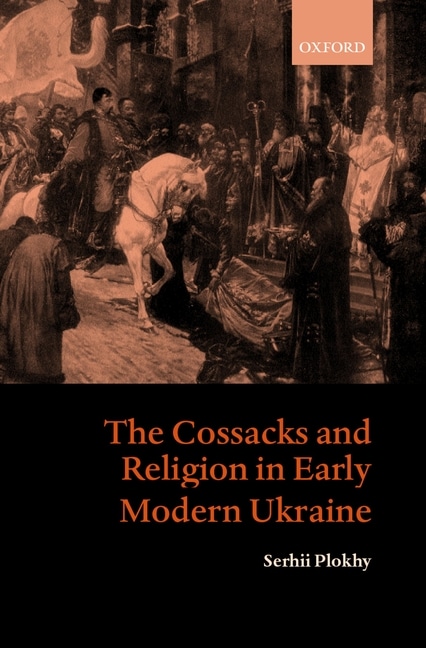
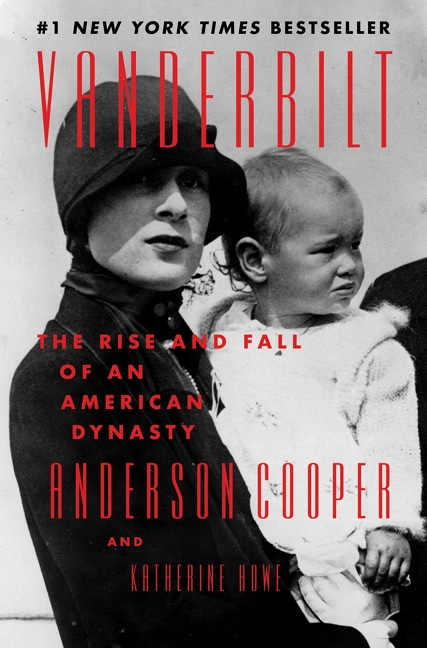
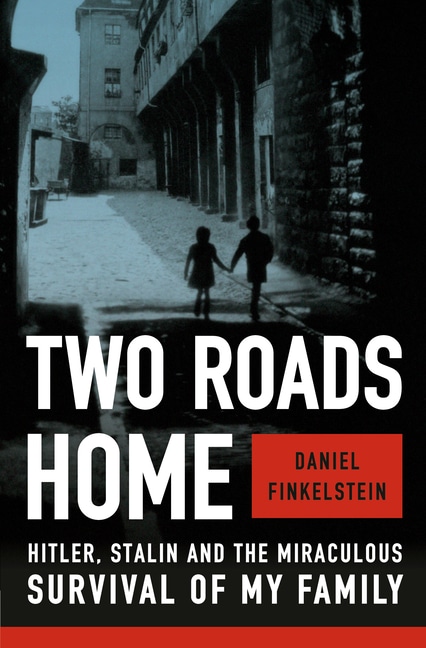
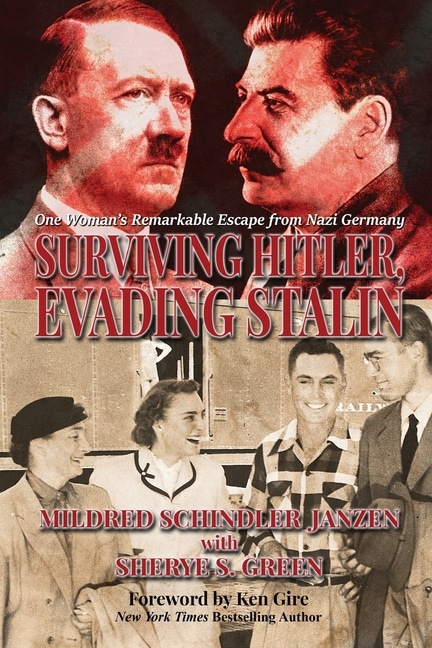
Reviews
There are no reviews yet.